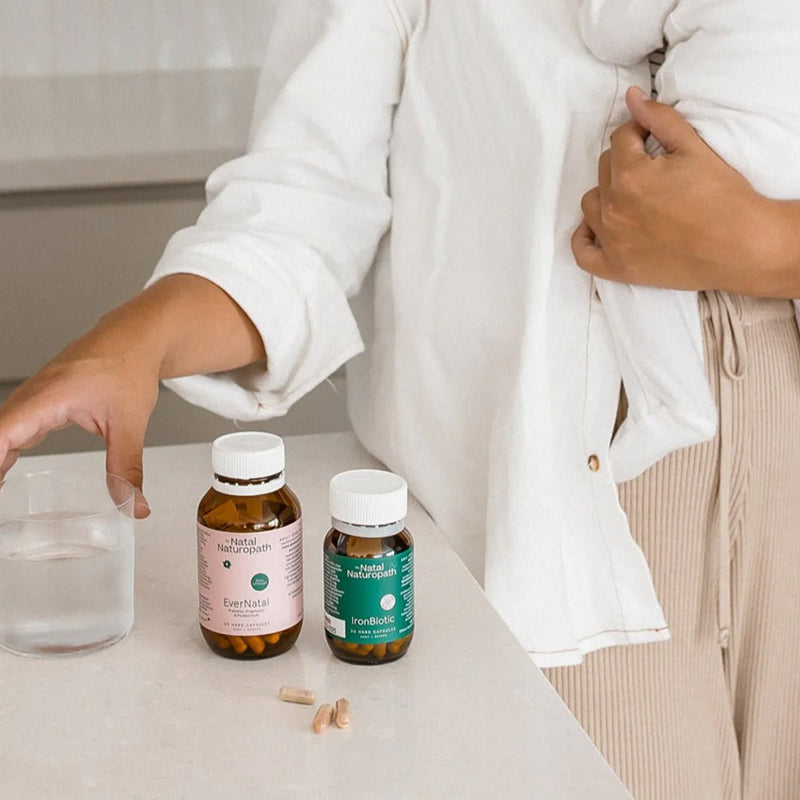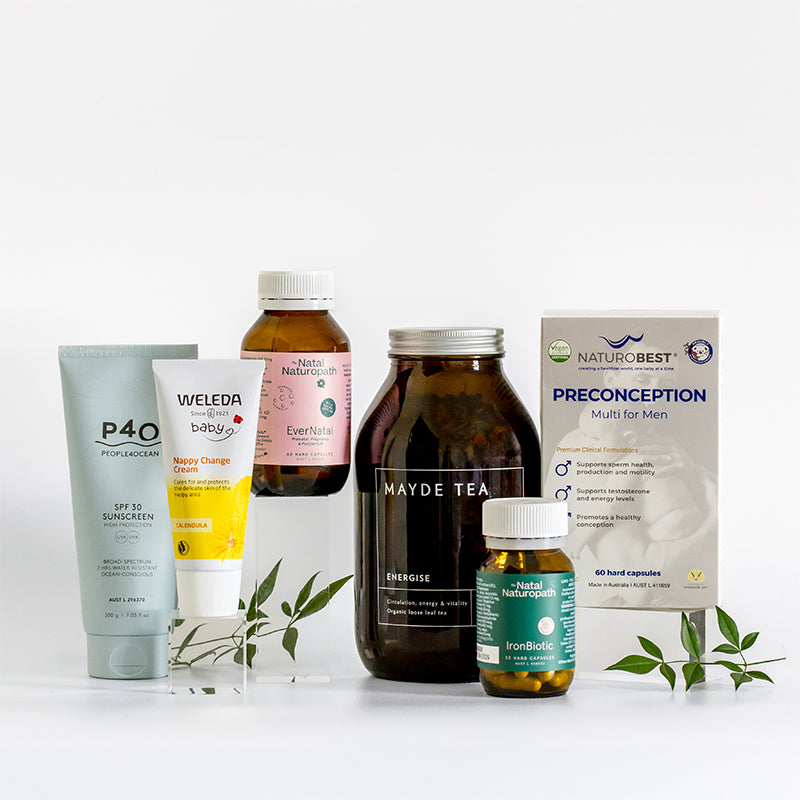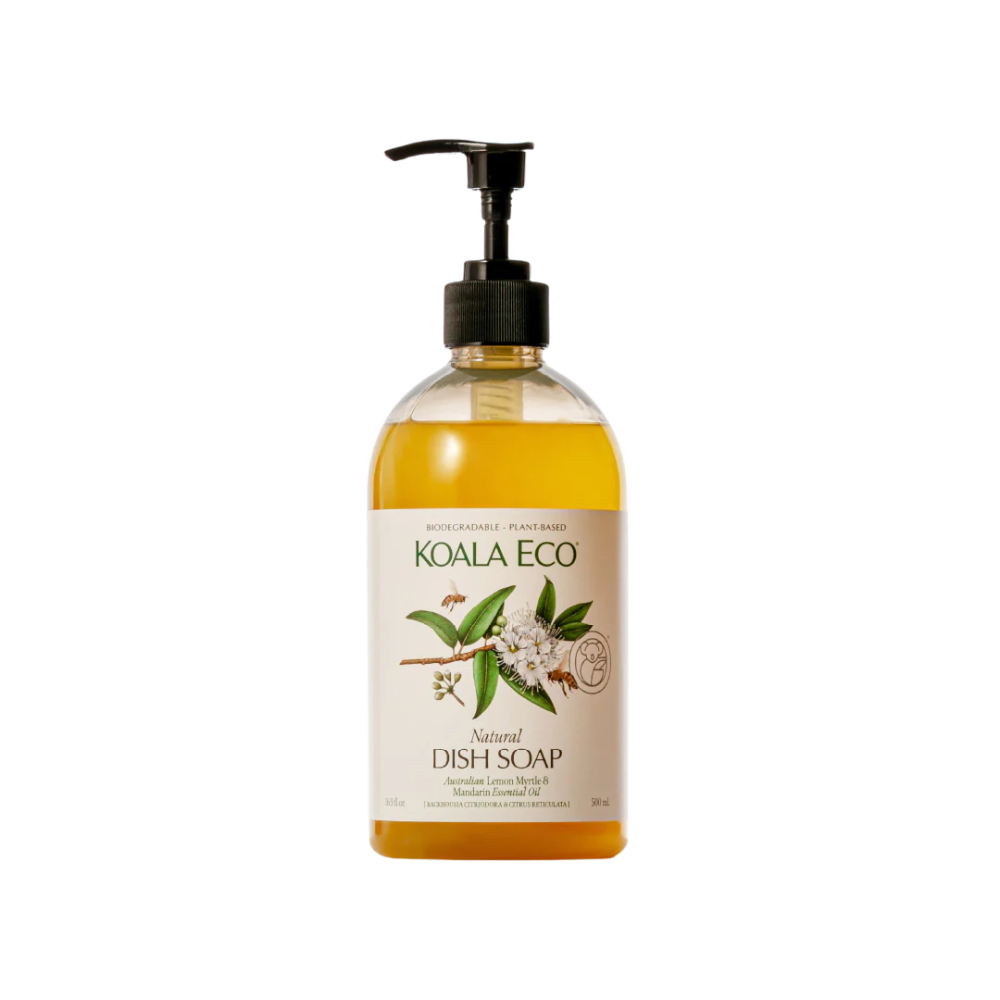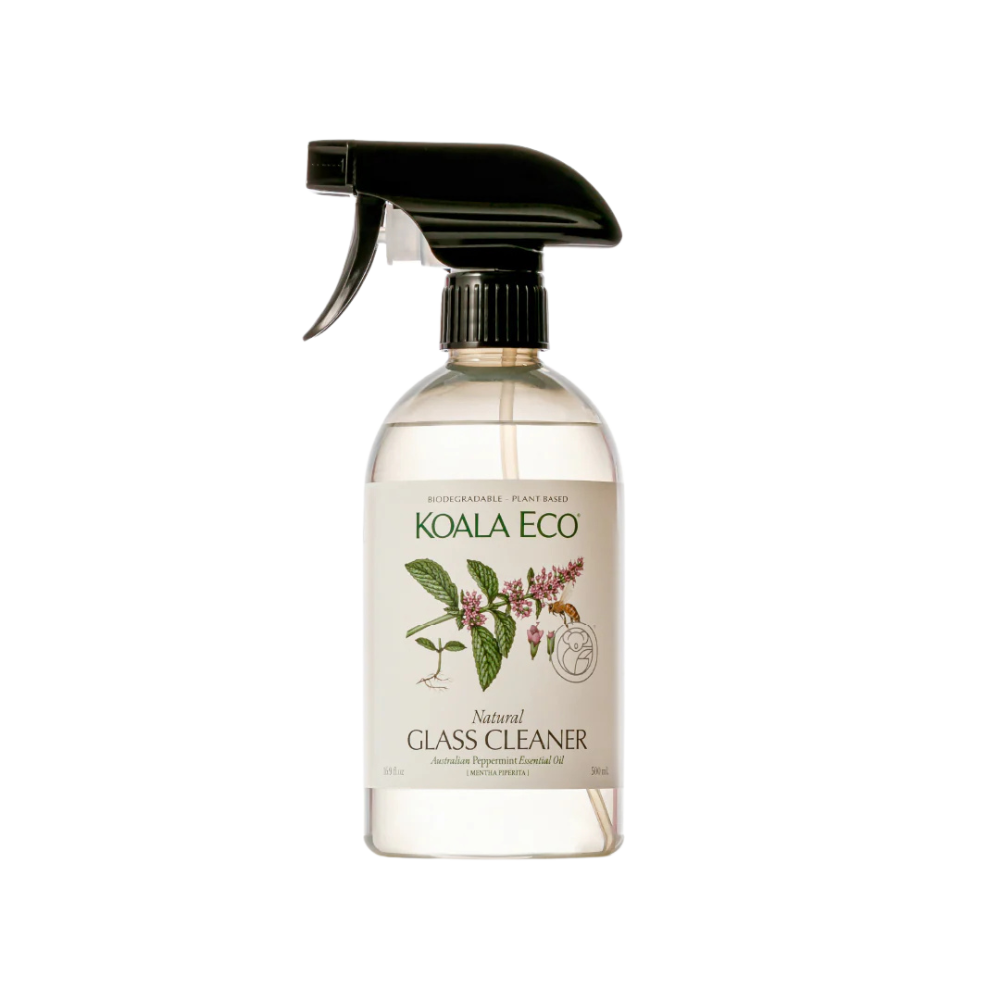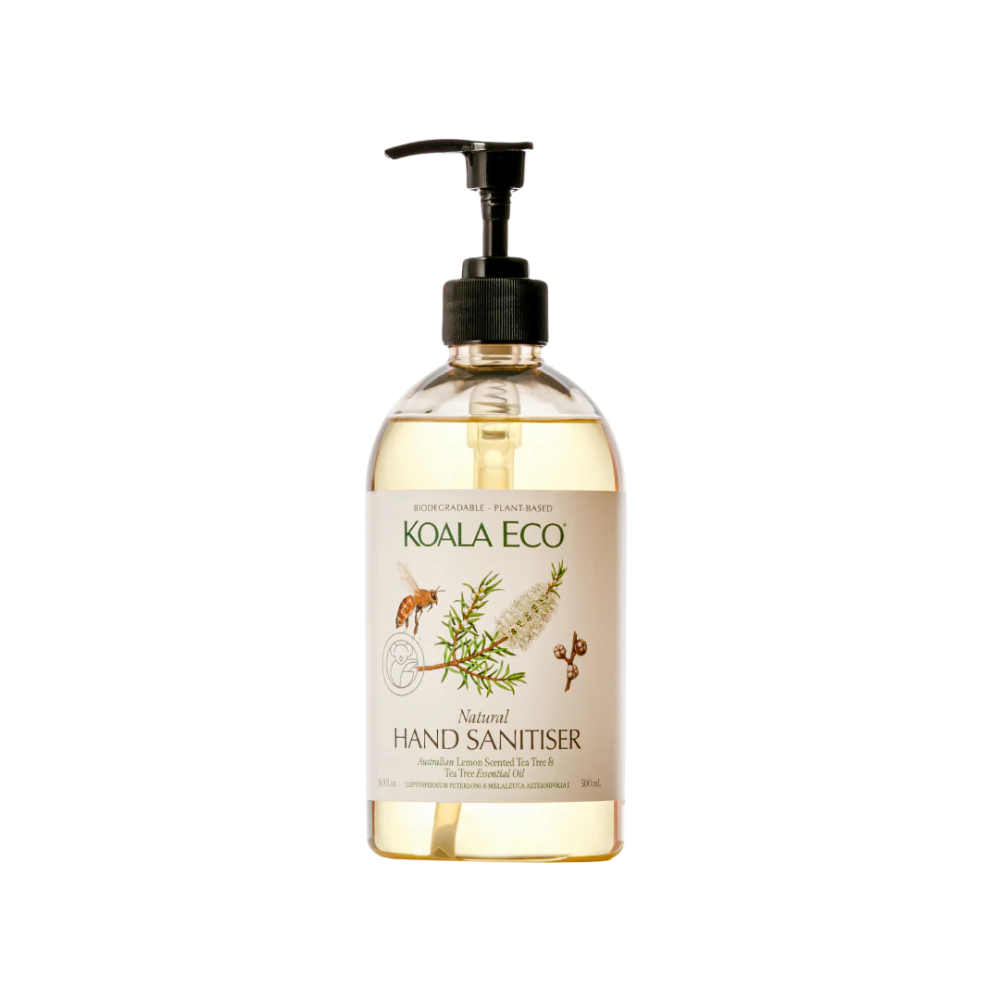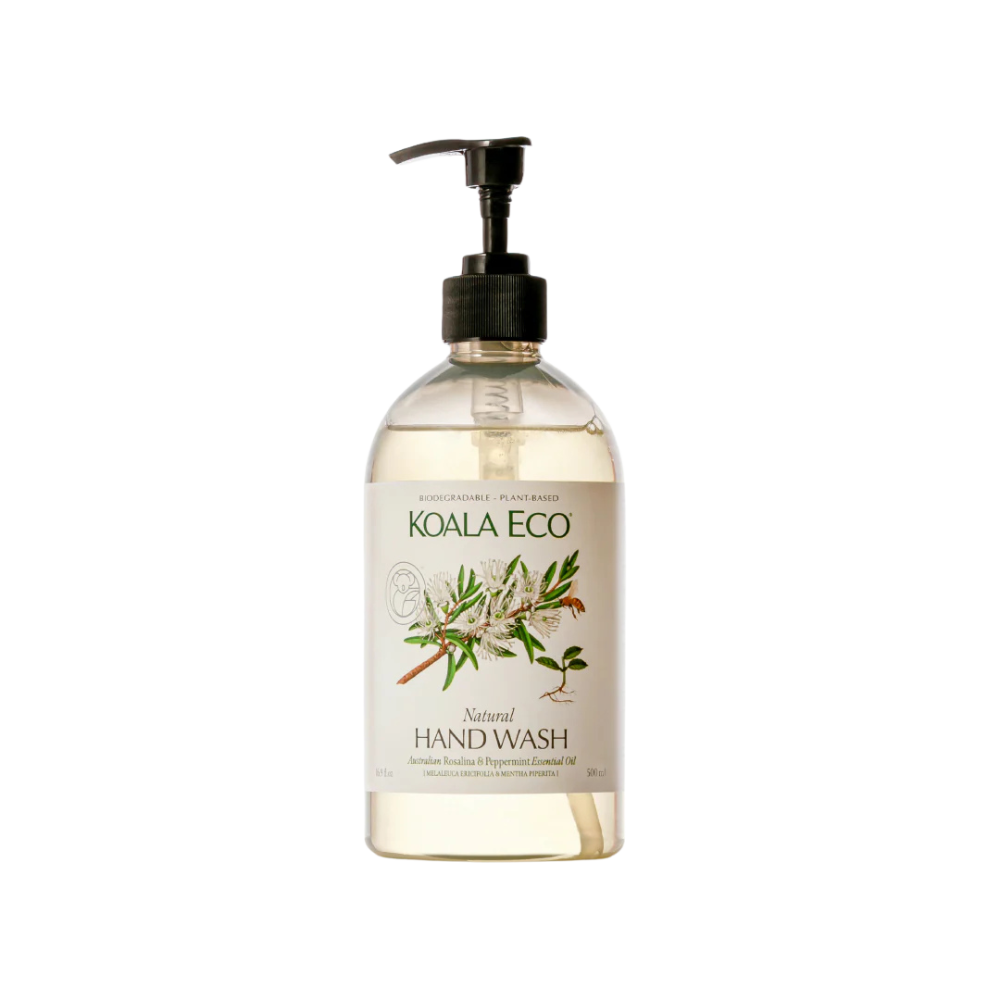In our daily lives, fragrance has become synonymous with personal care products, cosmetics, and household items. While the allure of a pleasant scent can be enchanting, the hidden dangers within these fragrances may pose a significant threat to women's hormonal health. As a naturopath, I'm here to shed light on the potential risks associated with synthetic fragrances and offer guidance on navigating the scented minefield for a healthier hormonal balance.
- The Fragrance Dilemma: A Hormonal Hijacking
Many commercially available fragrances contain a cocktail of synthetic chemicals known as phthalates. These chemicals are used to enhance the longevity of scents but come with a dark side—they are known endocrine disruptors. Phthalates can interfere with the delicate balance of hormones in the body, leading to a range of health issues, particularly for women.
- Hormonal Havoc: The Impact on Women's Health
a. Disrupted Menstrual Cycles: Phthalates have been linked to irregular menstrual cycles and disruptions in hormonal signaling. Prolonged exposure may contribute to conditions such as polycystic ovary syndrome (PCOS) and other reproductive disorders.
b. Fertility Challenges: Studies suggest that exposure to phthalates may be associated with fertility issues. Women actively trying to conceive should be especially cautious about the products they use, as certain fragrances may contain hidden fertility foes.
c. Endocrine-Related Cancers: Prolonged exposure to endocrine-disrupting chemicals like phthalates may increase the risk of hormone-related cancers, such as breast and ovarian cancers.
- Common Sources of Hidden Fragrances
a. Personal Care Products: Fragrances are commonly found in perfumes, lotions, deodorants, and other personal care items. Opt for products labeled "fragrance-free" or "phthalate-free" to reduce your exposure.
b. Household Cleaners: Some household cleaners, air fresheners, and scented candles may also contain synthetic fragrances. Choose natural alternatives to keep your living space both clean and hormone-friendly.
c. Laundry Detergents: Clothes may harbor synthetic fragrances from scented detergents and fabric softeners. Choose fragrance-free options to minimise skin contact with potentially harmful chemicals.
- Making Informed Choices for Hormonal Health
a. Read Labels: Become a savvy shopper by scrutinising product labels. Choose products that explicitly state they are free from phthalates, parabens, and synthetic fragrances.
b. Opt for Natural Alternatives: Embrace natural alternatives such as essential oils, which not only provide delightful scents but also offer therapeutic benefits without the hormonal risks associated with synthetic fragrances.
c. DIY Beauty Products: Consider making your own personal care products using simple, natural ingredients. This allows you to control what goes into your beauty routine and reduces exposure to harmful chemicals. We love the use of essential oils.
As a naturopath, my priority is to empower women to make choices that enhance their well-being. By understanding the potential dangers of synthetic fragrances and opting for natural alternatives, women can take proactive steps to safeguard their hormonal health. It's time to redefine beauty routines and embrace a fragrance-free lifestyle that nurtures hormonal balance, supporting a healthier and happier you.

